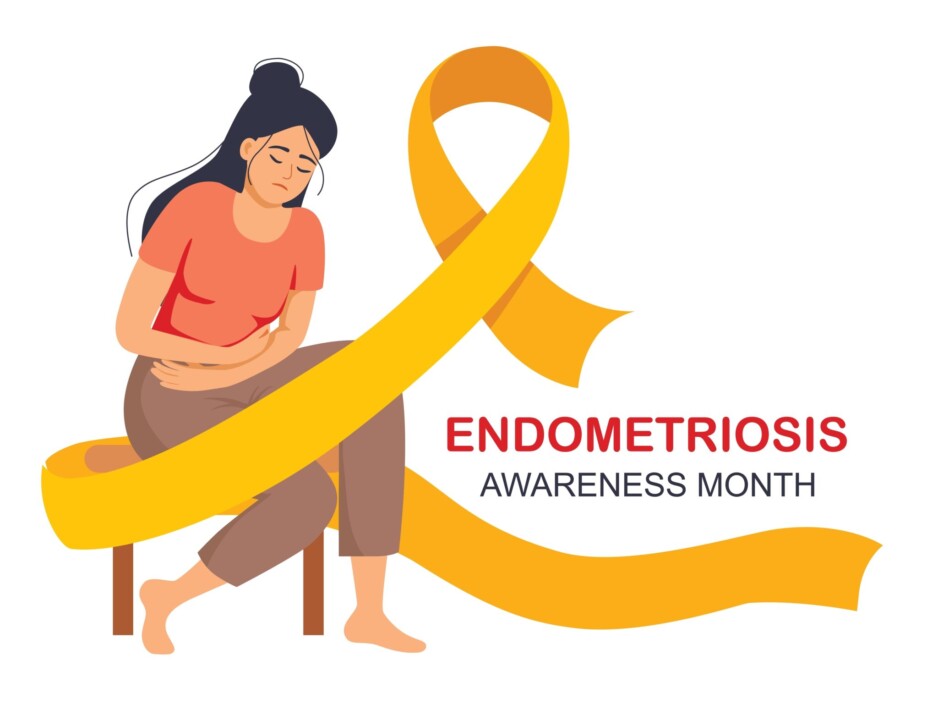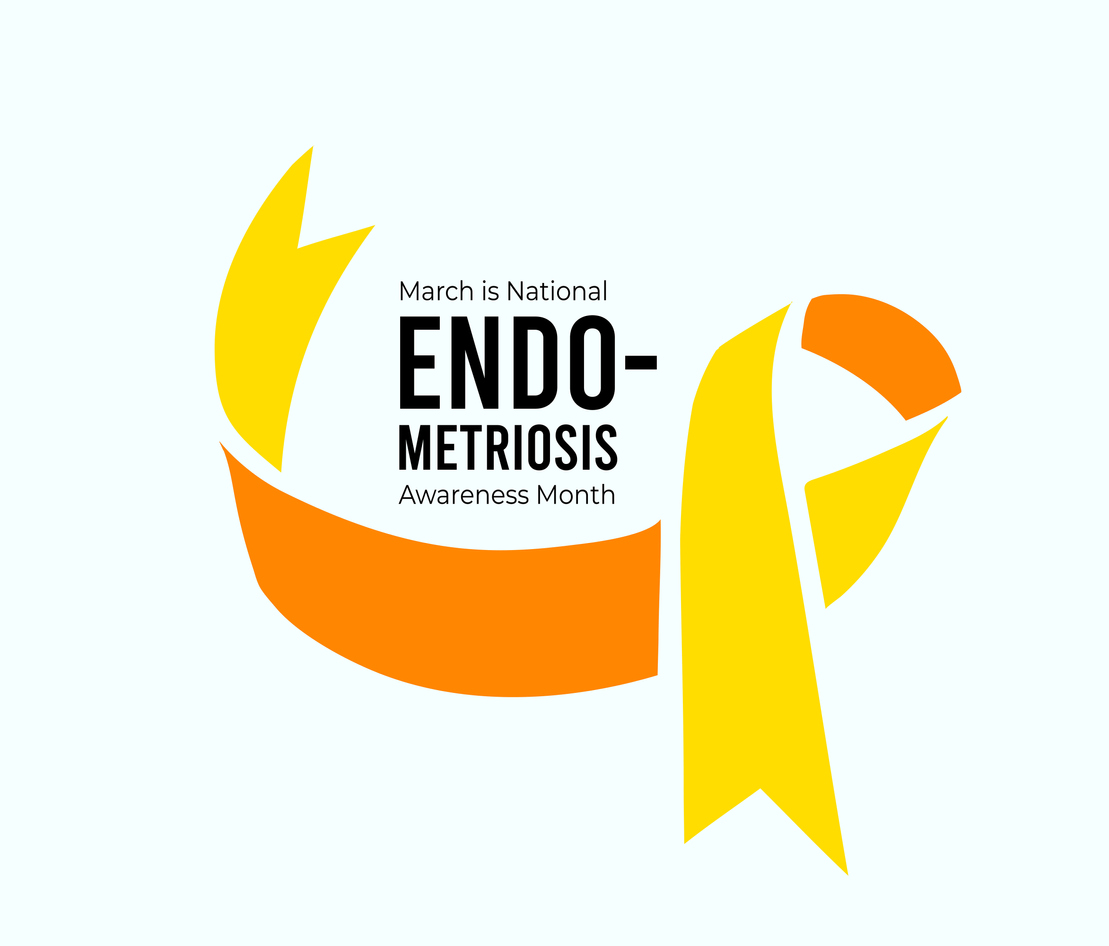
Overview of Endometriosis Awareness Month
Meaning and Purpose of Endometriosis Awareness Month
Endometriosis Awareness Month is more than just a time to raise awareness; it is a heartfelt call to action for women experiencing this painful condition. The primary goal is to shine a light on endometriosis, educate the public, and advocate for better resources and research. Recognizing this month helps:
- Increase visibility of the disease
- Encourage discussions about symptoms and treatment options
- Support those affected in finding community and resources
This awareness is crucial, as many women suffer in silence, often unsure of what they are experiencing.
History and Significance
Founded in 1993 by the Endometriosis Association, this month has evolved significantly. Initially focused on raising awareness, it has broadened to include educational campaigns and grassroots efforts worldwide.
The significance lies in:
- The empowerment of women to share their stories
- Greater public understanding of endometriosis
- The push for research funding and improved healthcare outcomes
Each year, women and advocates turn March into a vibrant platform for change, sharing their voices to inspire hope and healing.
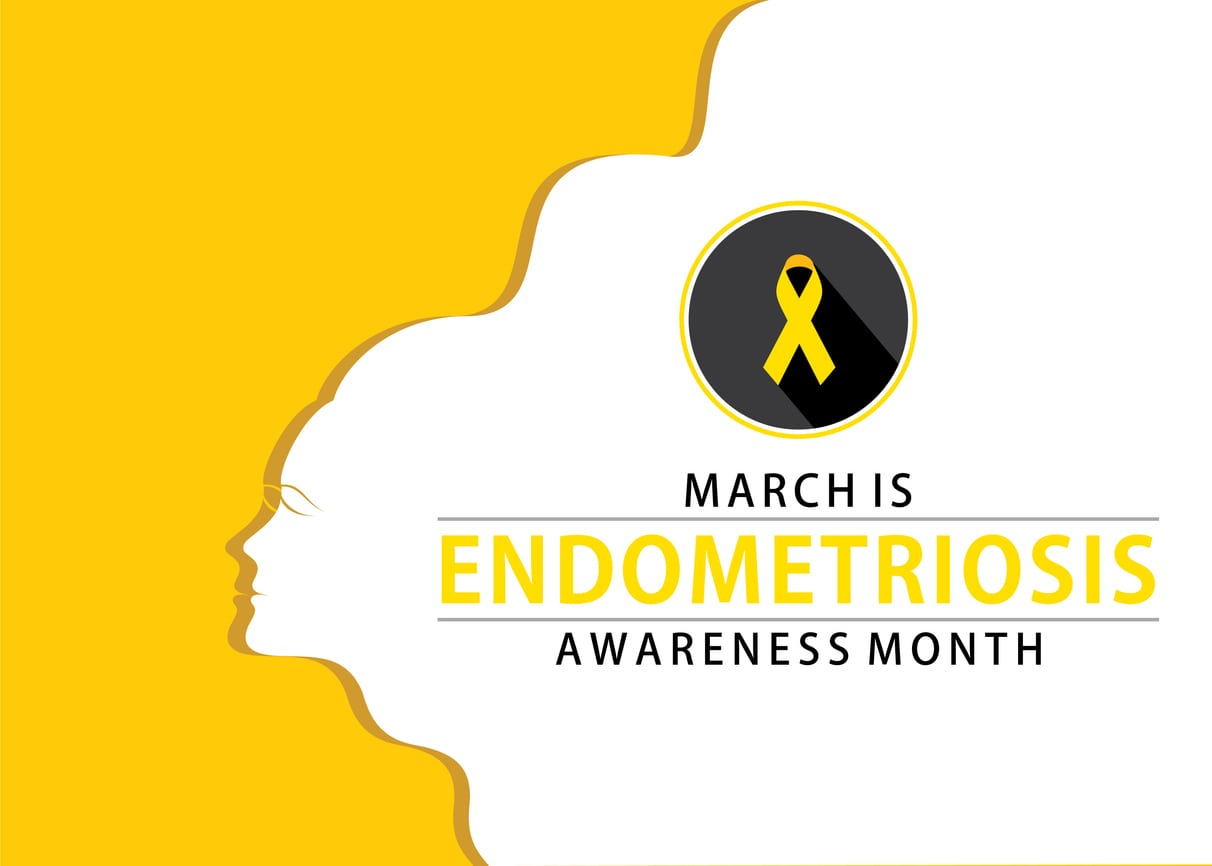
Understanding Endometriosis
What is Endometriosis?
Endometriosis is a chronic condition where tissue similar to the lining inside the uterus, known as the endometrium, begins to grow outside of it. This can lead to a range of painful symptoms and complications. It affects an estimated 1 in 10 women of reproductive age, impacting their daily lives significantly.
Causes and Risk Factors
While the exact cause of endometriosis remains unclear, several factors may contribute:
- Genetics: Family history can increase risk.
- Hormonal Factors: Estrogen seems to play a role in endometrial tissue growth.
- Immune System Disorders: Some women may have immune system issues that fail to recognize endometriosis.
Symptoms and Diagnosis
Symptoms can vary widely but often include:
- Painful periods (dysmenorrhea)
- Chronic pelvic pain
- Pain during intercourse
- Infertility
Diagnosis typically involves a combination of pelvic exams, ultrasounds, and possibly laparoscopy, where doctors can directly visualize and often treat the tissue. Early detection is vital to managing symptoms effectively and improving quality of life.

Impact of Endometriosis on Women’s Health
Physical and Emotional Effects
Endometriosis goes beyond physical symptoms, affecting emotional well-being significantly. Many women report intense physical pain, which can disrupt daily activities and lead to:
- Chronic fatigue
- Gastrointestinal issues
- Difficulty conceiving
Moreover, the emotional toll can manifest as anxiety and depression. For instance, Sarah, a woman in her 30s, shared how her pain impacted her job performance and personal relationships, leaving her feeling isolated.
Challenges in Diagnosis and Treatment
One of the biggest hurdles for women with endometriosis is the diagnosis journey. It can take years to receive a proper diagnosis due to:
- Symptoms being mistaken for normal menstrual discomfort
- Lack of awareness among healthcare providers
Even once diagnosed, treatment options can vary widely. Women might face difficulties finding effective therapies that suit their unique situations, ranging from hormonal treatments to surgical interventions. This delay and uncertainty can lead to further emotional distress, emphasizing the need for more effective pathways to diagnosis and care.
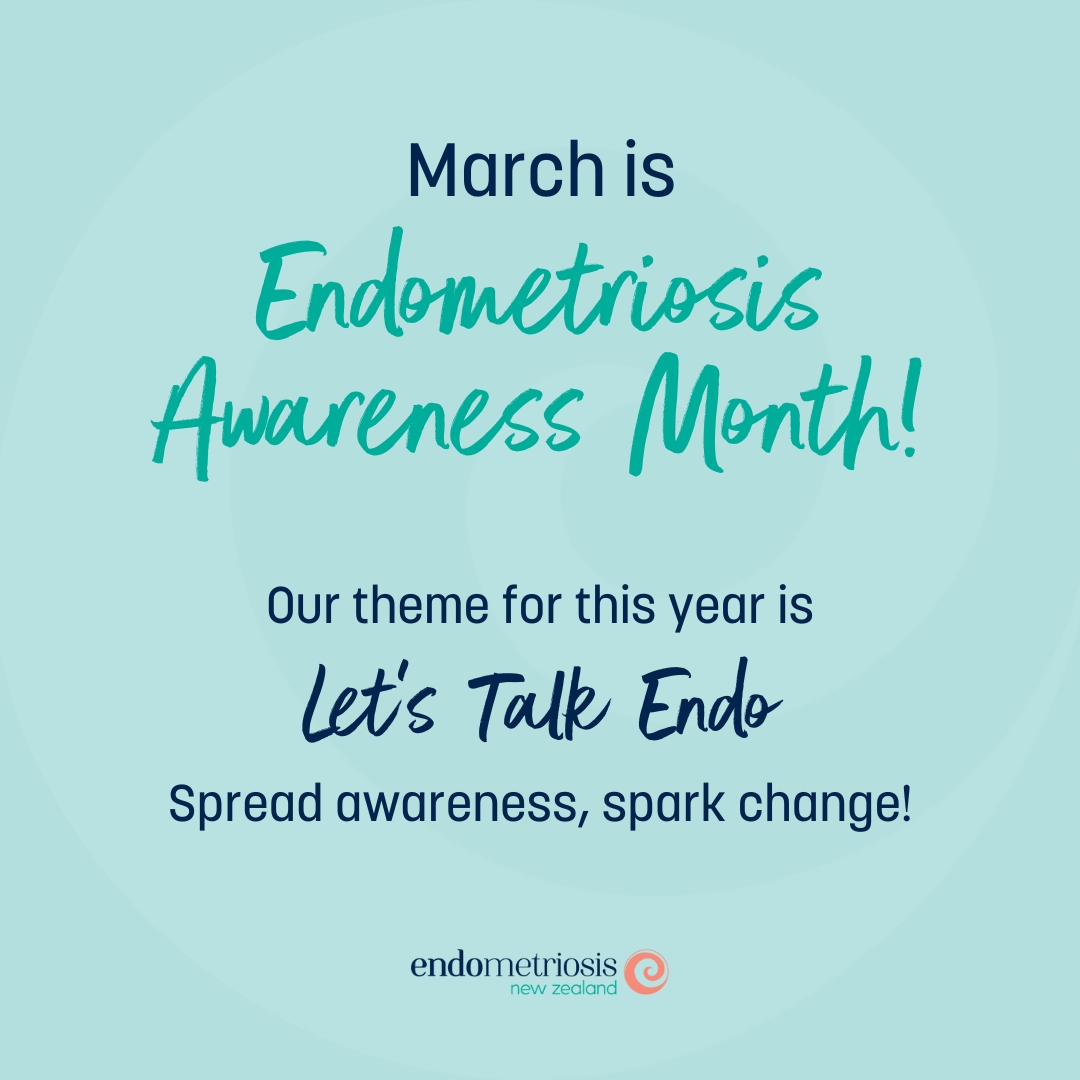
Awareness Campaigns and Initiatives
Global Awareness Efforts
Across the globe, Endometriosis Awareness Month has spurred impactful campaigns aimed at educating people about this condition. Organizations like the Endometriosis Foundation of America and Endometriosis UK drive efforts to share information and spread awareness through:
- Social media campaigns utilizing dedicated hashtags
- Educational webinars featuring healthcare professionals
- International conferences connecting researchers and patients
These initiatives have proven essential in bringing attention to the plight of those affected.
Local Events and Activities
Local communities also play a crucial role. Events in March include:
- Walkathons to raise funds for research
- Support groups fostering a sense of community
- Health fairs providing resources and information
For example, a recent walkathon raised over $50,000 for endometriosis research while enabling participants to share their stories and experiences.
How to Get Involved
Anyone can contribute to the cause! Here’s how:
- Attend local events to show support
- Volunteer for awareness campaigns or share personal stories online
- Advocate for better healthcare options through community meetings
Every little action can make a substantial difference, amplifying the voices of those affected by endometriosis and driving meaningful change.
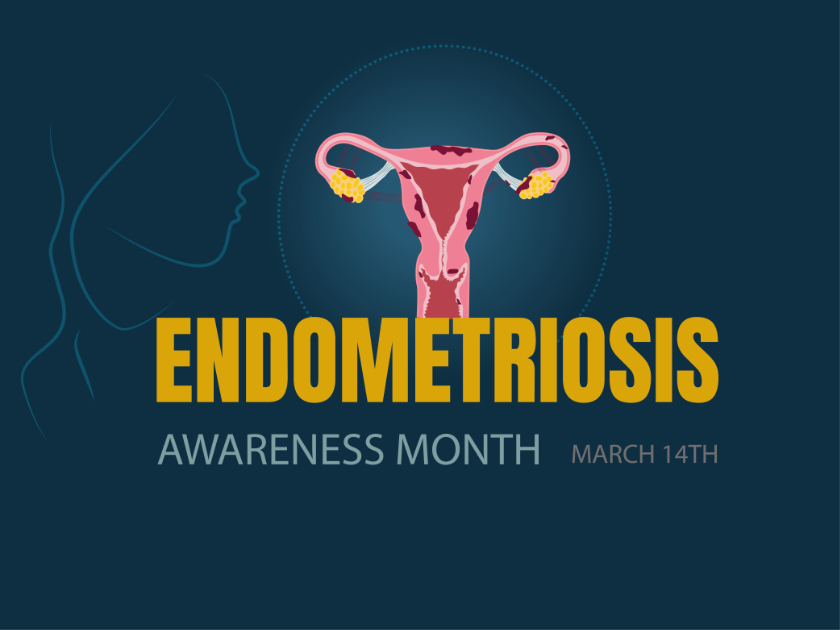
Research and Innovations in Endometriosis
Latest Discoveries in Treatment
Research in endometriosis is evolving rapidly, leading to promising new treatments that aim to improve quality of life for those affected. For instance, recent studies have highlighted:
- Hormonal therapies: New formulations and combinations that minimize side effects while effectively managing symptoms.
- Surgical innovations: Less invasive techniques that allow for quicker recovery and reduced complications.
Moreover, Jessica, a young woman living with endometriosis, found significant relief from a targeted hormonal treatment recommended during a clinical trial, illustrating the potential impact of these advancements.
Future Prospects and Potential Breakthroughs
Looking ahead, the future of endometriosis treatment is bright, with ongoing research focusing on breakthroughs such as:
- Personalized medicine: Tailoring treatments based on individual genetic profiles and responses.
- New diagnostic tools: Developing non-invasive methods to diagnose endometriosis earlier and more accurately.
As research progresses, these innovations could revolutionize the way women manage endometriosis, paving the way for a pain-free future and enhanced support for millions worldwide.

Personal Stories and Experiences
Voices from Women with Endometriosis
The journeys of women living with endometriosis are often filled with challenges and triumphs. Many share their experiences to bring awareness and foster community. For example, Emily, diagnosed in her late teens, recalls the overwhelming feeling of isolation during her toughest days. Her story resonates with countless others who felt unheard before they found their voices through sharing.
- Empowerment through storytelling: Women like Emily use social media platforms to connect, providing support and solidarity.
Sharing Journeys and Coping Strategies
Coping with endometriosis requires resilience and resourcefulness. Women often exchange tips on managing symptoms and navigating daily life. Common strategies include:
- Healthy lifestyle choices: Eating a balanced diet rich in anti-inflammatory foods.
- Mindfulness and yoga: Practices that help manage stress and alleviate pain.
Through these shared experiences, women create a supportive network that empowers them to face endometriosis together, promoting understanding and hope for the future.

Support and Resources for Endometriosis Patients
Patient Organizations and Support Groups
For women navigating the challenges of endometriosis, support organizations play a vital role. Groups like the Endometriosis Foundation of America and the Endometriosis Association provide invaluable resources, including:
- Educational materials on the latest research and treatment options
- Support groups that create safe spaces for sharing experiences and coping strategies
Many find solace in these communities; for instance, Lisa joined a local support group and expressed how the shared stories helped her feel less alone in her journey.
Tips for Self-Care and Managing Symptoms
Effective self-care is crucial in managing endometriosis. Here are some practical strategies:
- Track symptoms: Keeping a journal can help identify triggers and patterns.
- Focus on diet: Incorporating anti-inflammatory foods may ease symptoms.
- Exercise regularly: Engaging in gentle activities like walking or yoga can improve overall well-being.
By utilizing these resources and self-care tips, women can take proactive steps to manage their endometriosis more effectively, promoting both physical and emotional health.
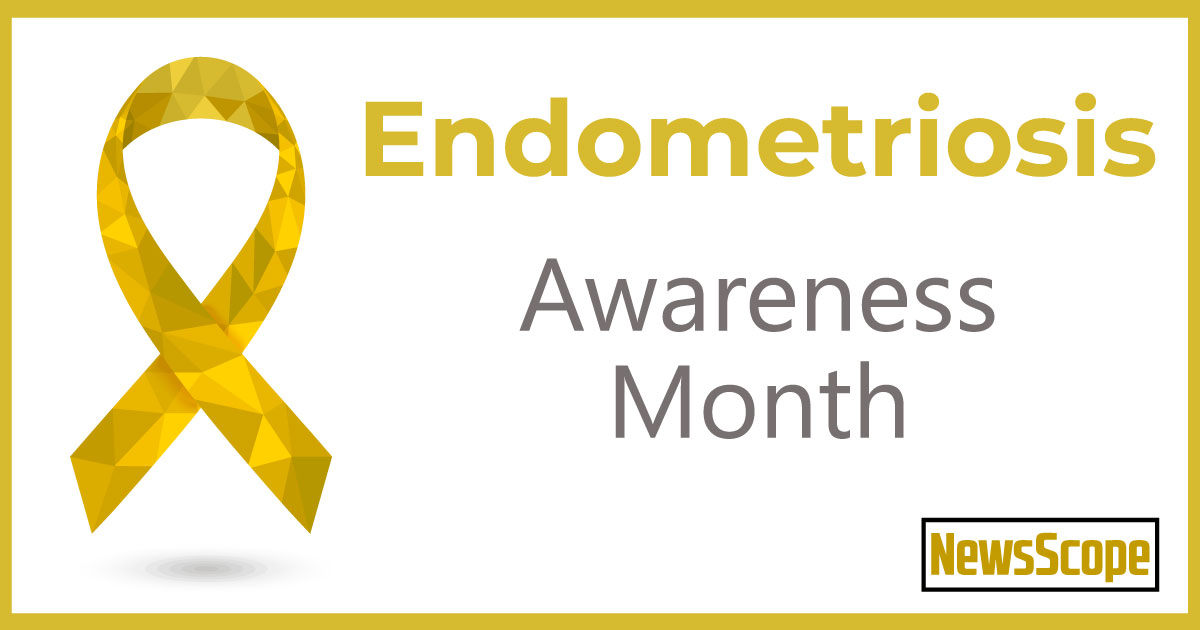
Conclusion and Call to Action
Recap of Endometriosis Awareness Month
As we wrap up Endometriosis Awareness Month, it’s essential to reflect on the collective efforts made to shed light on this often-misunderstood condition. Campaigns, stories shared by courageous women, and newfound research innovations have contributed greatly to increasing understanding and support. Such awareness empowers women to seek help and find community, fostering hope where it was once elusive.
Ways to Continue Advocacy and Support
The journey doesn’t end with March. Here are some ways you can continue advocating for endometriosis awareness:
- Engage in conversations: Discuss endometriosis openly with friends and family to spread awareness.
- Support relevant organizations: Donate your time or resources to advocacy groups.
- Participate in local events: Attend workshops and exhibitions to further your understanding and support efforts.
By staying involved, you help ensure that endometriosis remains a topic of conversation and a priority in healthcare, fostering a brighter future for all affected.

